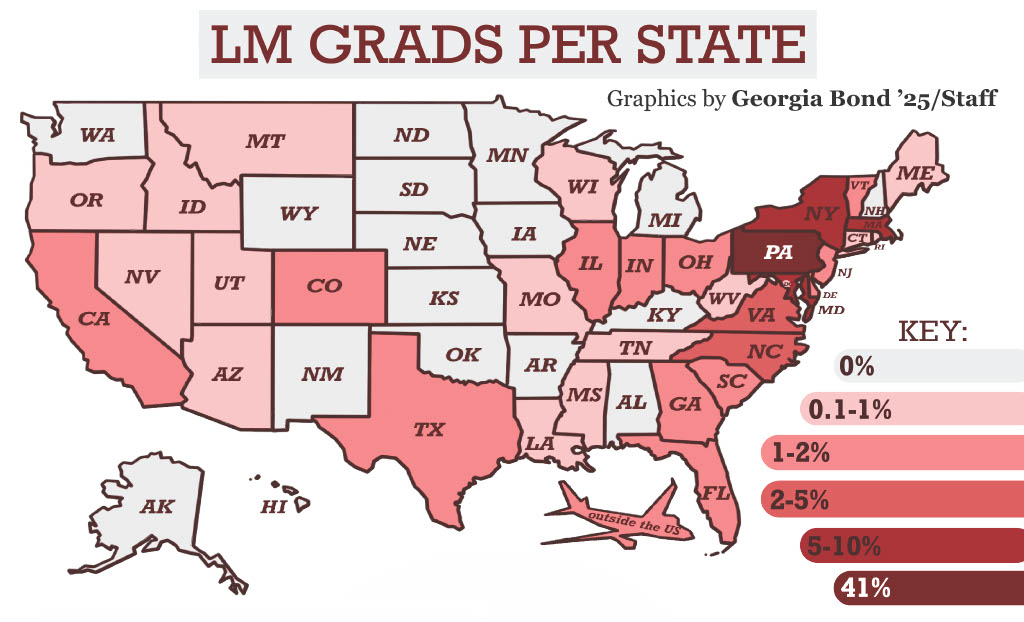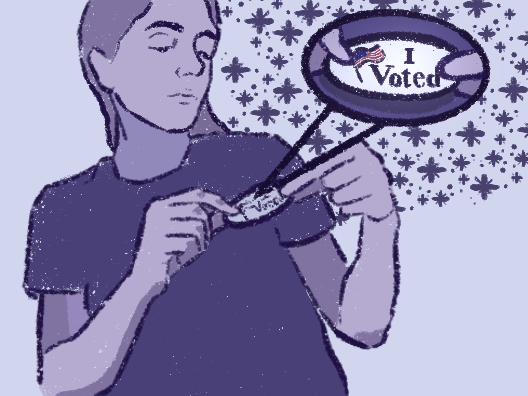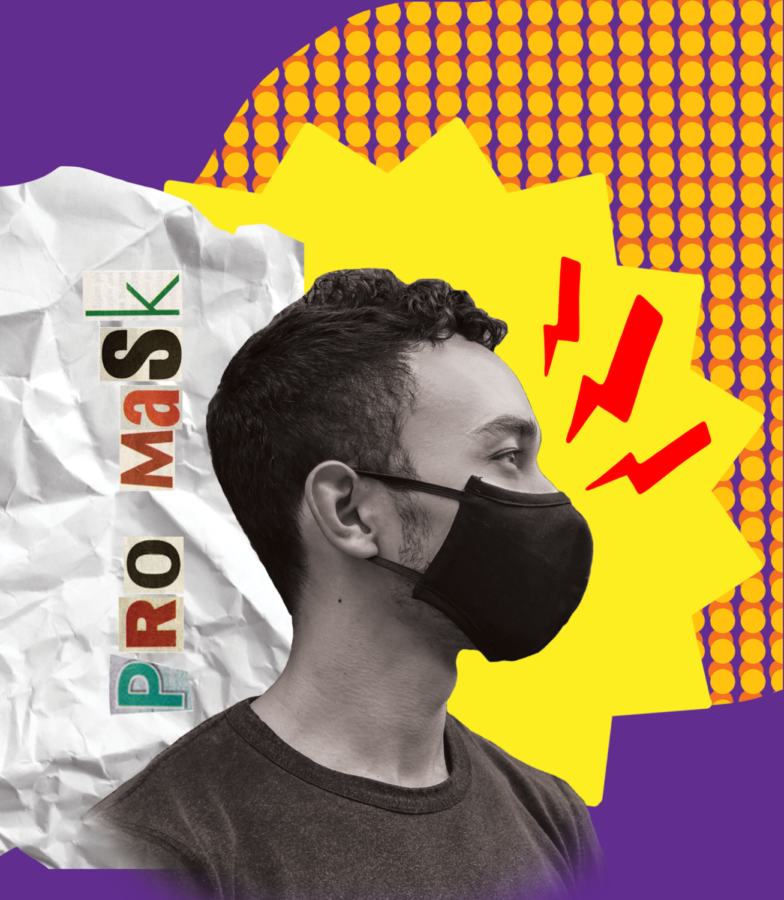In today’s political landscape, lies are not only common, they’re strategic. Leaders have discovered that repeated misinformation doesn’t just fool people; it numbs them. The constant stream of deception erodes our ability to trust, leaving society vulnerable to manipulation.
Politicians have mastered the art of lying repeatedly to shape public opinion. For example, when someone as prominent as Donald Trump continually questioned Barack Obama’s citizenship, it was not a mistake, it was a tactic. The goal isn’t always to convince but to confuse – making people second guess what’s real and what isn’t.
One tactic also used is attacking the media. Politicians from both sides denounce newspapers as “too liberal” or “too conservative,” discouraging people from reading reliable news. This forces many to turn to biased or sensational sources that reaffirm, rather than challenge, their beliefs. Imagine if students were to start spreading rumors that *The Merionite* is run by fascists bent on indoctrination—”fake news!” Sure, it’s absurd, but it’s the kind of tactic that works because repeated attacks on credibility discourage people from trusting sources – no matter how reputable they are.
In 2008, John McCain’s campaign against Obama marked another turning point. Although McCain was an honorable candidate, his choice of Sarah Palin as his VP, under pressure from advisers, unleashed a new wave of factually loose and sensational politics. This trend has only accelerated since, with campaigns relying more on emotional appeals than on truth.The normalization of lies is particularly dangerous because it challenges our democracy.
During Trump’s presidency, The Washington Post documented over 30,573 false or misleading claims. Earlier, George W. Bush’s 2003 State of the Union address included misleading claims about Iraq’s supposed pursuit of uranium—assertions later deemed unreliable. Recently, unsubstantiated claims about Haitian migrants circulated widely, with Trump doubling down, saying he “saw it on TV.” The problem is not just misinformation; it’s the lack of accountability that allows these lies to persist.
Lies rob voters of the facts they need to make rational decisions, undermining the very structure of democracy. A public that cannot separate truth from falsehood is susceptible to manipulation. Social media compounds this problem by spreading lies far and wide. Echo chambers reinforce biased perspectives, allowing lies to go unchallenged. Many Americans feel overwhelmed by the sheer volume of information, finding it easier to disengage or assume all politicians lie. As a result, distrust in politics becomes normalized.
We need to raise the standard. Politicians owe it to voters to be honest. Without truth, we lose the power to make good decisions. While lies may never disappear, citizens can demand honesty and hold politicians accountable. In a society divided between “red” and “blue”, it’s difficult to make informed choices when we’re being lied to.





